 How Much Should A British Shorthair Kitten Eat?
How Much Should A British Shorthair Kitten Eat?How much should a British Shorthair Kitten eat? Getting a new British kitten is an exciting time. His new feline partner is probably playful and bouquetful, camping around his house and entering into all kinds of adorable evil. In this article, we will see the best way to feed your young people to give them the best start in life. How much should a kitten eat? In short, as much as you like whenever you want. It should be feeding between three and five small meals per day (about half a bag of wet food per meal). This will give you the nutrition and energy you need for everything you run, as well as for your development in a large and healthy adult later. Shorthair's British kittens are very unlikely to become obese at this stage in their lives so let her eat when she likes it. You're probably excited to have found your new British Shorthair kitten, and maybe a little nervous, too. That's normal; this page can help, by answering many of the common questions a new kitten owner may have about your pet. How much food should a kitten eat? Do you need a kitten some special diet? Are there some unsafe foods? How can you make sure your kitten is getting all the nutrition it needs to become a healthy, robust adult? To know all this and more, keep reading. Feed your kitten: what, when and how much? How much should a British kitten eat? Fantastic! British Shorthair cats are famous for their healthy appetites. They are good eaters, rarely demanding and generally willing to eat what you put in front of them. As this cat becomes older they can develop weight problems and you may need to handle your food more carefully, but it is practically impossible to overeat a British Shorthair kitten. They tend to be small energetic fuzzballs, happily burning any extra calories with their playful attic. By the time a British Shorthair kitty comes to you, she must be and fully able to enjoy the same types of food as an adult cat. There are "especially formulated" kitty foods on the market; while these will certainly not hurt your British Shorthair, it is my opinion that they are little more than a marketing trick. There is some dispute between cat fans, but as far as I can see the ingredients are not really different from those found in standard adult cat foods. They are simply replaced with a kitten on the front to justify a higher price point. In nature, a sprain milk until it is weaned and then it graduates directly to a diet of small animals, birds and strange fish; "spiced food" would not enter the equation. What really matters is the quality of your food. You need to choose a good food for cats with a lot of protein and very few carbohydrates. Find brands that are free of grains and potato starch; these do not provide anything a cat needs and provide only empty calories. Although this is not too terrible for an energetic kitten, you don't want her to have a taste for what is equivalent to feline junk food. – not only this is a quality wet food, but also specially designed for cats with tendencies to urinary tract infections (ideal for BSH). When a British Shorthair overcomes the rapid movement, the gatite scene game and becomes more relaxed, it can develop weight problems that are not ideal for your health. Herbs and potatoes can also alter your stomach and can cause digestive problems later. Choose a brand that is transparent about your ingredients, including meat called. ("So much and so flavored" doesn't count – check the label and make sure you know what's in it.) Personally, I take a robust attitude towards the by-products of the meat, although some British Shorthair fans avoid them as the plague. Meat by-products include organ meats, which have many nutrients that are good for the cultivation of kittens. Poetry and rabbit are generally accepted as superior options for the British Shorthair. Find a brand that includes taurine (), as cats need these in their diets – . Feed your kitten little and often (about half a bag of wet food, three to five times a day) making sure to clean your bowl between meals. She will warn you when I'm hungry, British Shorthairs are very clear on this matter and will not hesitate to keep you fully updated. As it gets bigger, you can feed your larger meals less often. Is there any food my kitten shouldn't eat? There are several foods that should avoid giving your British Shorthair, both now and when it grows. Milk is the non-big. It may seem the most natural thing in the world, but it is very bad for this race. A reputable breeder will not participate with a kitten up to 12 weeks or more. For this age, your kitten will have already been weaned, which means it will have lost the enzyme that allows you to digest lactose. Milk will get upset in the stomach and can make it sick. In general, for your British Shorthair as many common foods are very bad for cats; if you feed your dish you will also get it in the habit of begging for scraps, it can be a problem if you run fat later in life. As mentioned above, don't give him food for cats that contain grain or potato. You should also avoid feeding your too much meat or fish; meat can cause allergies in cats while fish can be high in mercury. Crude fish can destroy thiamine in the kitten system. Avoid letting him eat cat food that has been highlighting for more than a couple of hours. Frozen cat food is dangerous for your developing immune system, so wash the bowl after meals and get rid of food without eating, giving it a smaller portion next time. They only offer small amounts of dry foods, if any, very little moisture in a cat's diet can cause dehydration and kidney problems, which goes double for kittens. Make sure you have easy access to fresh and clean water at all times. Giving food and water on a plate of ceramic, non-plastic — plastic is scratched and contains germs. When she is big enough to use one, get a water source kitten to encourage alcohol consumption. When should I start to remake myself at my cat's food? Once your kitten has grown a little, you can safely change your feeding schedule. Five or six months old, you should be able to leave five foods to three or four. In seven or eight months you can feed it two to three times a day. Once the one-year mark has been safely passed, two meals must be sufficient. Note that this is just a rough guide, some cats will want more, some cats less. You should also remember that the British Shorthair is a slow growth to be happy. Remember, this is the same; your kitten will not reach its full adult size until it is about three years old. Until then, you probably don't need to worry too much about his weight. Just feed her when she tells you she's hungry and she's sure she's got plenty of water. British shorts are quite notorious to eat too much and get husky, but this is rarely a problem in very young cats. What they don't just burn through growth will burn running around their house and hitting things. I've seen a lot of very fat British shorts, but no one under five or six years. Younger models are simply too busy playing and chasing imaginary mice to gain weight. Watch your cat's development, but don't worry too much until it starts getting older. My British kitty Shorthair won't eat! Kittens need a lot of nutrition. If your young British Shorthair goes more than a day without eating you should seek medical advice, especially if she is not drinking either. If your kitten is only eating a small amount of your food, it could be just that's all the room has. Threaten your portions accordingly and feed it more often to compensate. Although this race is rarely demanding about food (in reverse), it may also be that it does not find the mark you are giving it to be palatable. Try to change brands or try a different flavor. My experience has been that British shorts are partial to the tastes of poultry so you can try chicken or duck if you don't eat rabbit. The breeder you bought from will probably be happy to help you advise; find out what he was eating before she came to you. You may feel that you are spoiling your something you would normally advise against, but at this stage in your growth nutrition is critical. It's not the time for a battle of wills about your favorite cat food. As I mentioned earlier, you should always make sure your dish is clean; you should also clean the floor and change whatever the bowl is resting. Frozen smells of previous meals can turn it off from your food. If there are other pets in the house with your kitten, make sure that they are not muscling and frightening away from food. The reverse situation is also possible; some kittens are lame enough to steal food, either food from other pets or human foods that have been left where they can reach it, and then their nose up in their own cat food. Watch your British Shorthair to see if he's making stolen raids in bin or dog bowl. Hi, my name is Sarah and I would like to welcome MyBritishShorthair.com You will learn here all you need to know when you own a British Shorthair cat. From a kitten to a fully grown cat, what to do and what to avoid keeping your cat happy and healthy. Enjoy the site! Recent content Kittens require a lot of attention and attention, especially in the first few weeks of life. Sometimes you could see the mother wander for a while... maybe just a few minutes, maybe for longer... There is a wide spectrum of feline sociability. At one end, you have those very distant and skilled kittens (often rescues or semi-feral cats) that reject all attempts of physical contact with... Hi, my name is Sarah and I would like to welcome MyBritishShorthair.com You will learn here all you need to know when you own a British Shorthair cat. From a kitten to a fully grown cat, what to do and what to avoid keeping your cat happy and healthy. Enjoy the site! Recent posts
British Shorthair Cat Breed The British Shorthair is an easy feline. She enjoys affection but is not needed and does not like to be carried. She'll follow you from room to room, though, out of curiosity. British shorts are not lap cats, but they enjoy cuddling with their people on the couch. Temperature As they age, British shorts become increasingly sedentary, however men are often more rambunctious than women reserved. They get along well with gentle and respectful children and don't care about cat dogs. British Characteristics Shorts are round everywhere, with a wide chest and strong legs. Its coats are short, thick and elegant. The color of the eyes depends on the color of the coat, but you can expect the British blues to have gold eyes and those with knitting color to have blue eyes. Other eye colors go from gold to copper. Lifespan12 to 17 years old Colors Although their coats come in almost all the possible colors and the pattern, the most popular color is blue (gray). These cats are sometimes referred to as British Blues. Bed ClothesYour British Shorthair may experience seasonal bed linen in spring and fall, so brush regularly during those periods to remove loose hair. Outside of those stations, the weekly brush will be enough. HealthEven though race is free from many genetic diseases that plague other races, British shorts are susceptible to gingivitis, hypertrophic cardiomyopathy and hemophilia B. Obesity is another concern, as this cat loves to eat and leads a relatively sedentary lifestyle. Choosing the best food for British short-circuit catsBy their inactivity, particularly as they age, weight gain is a concern for British shorts. To keep yours in a healthy weight, choose a cat food formulated for weight management, such as or . Follow the feeding guidelines based on the age and weight of your cat or consult with your veterinarian for additional guidance. To explore other products for your British Shorthair, see our . Choose the best food for British Shorthair kittensLike many other breeds of medium to large cats, the British Shorthair takes at least 3 years to mature completely. They only need kitty foods specially formulated with all the nutrients essential to their growth and development during their first year of life, however. A kitty meal as or will provide your British kitten with everything you need to live a long and healthy life. History As the oldest race in England, it is believed that the British shorts descended from imported domestic cats from Egypt, accompanying the Romans when they invaded Britain in 43 AD. They grew up in popularity during the Victorian era, when stricter breeding standards were applied. In the early twentieth century, the British Shorthair was crossed with the , introducing a longhair gene. After both world wars, race was almost extinguished. Thanks to the crusade, the British shorts were revitalized. In 1967, the American Cat Association accepted the race. It was not accepted by the International Association of Catholics (ICT) until 1979 and the Association of Fanciers Cat (CFA) a year later. Race is now recognized by all associations of cats. Acts Find a brilliant bravado around you Explore our cat food Cat BreedOcicat Cat Breed Savannah Cat Breed Continue

How Much Should A British Shorthair Kitten Eat? – My British Shorthair
How Much Should A British Shorthair Kitten Eat?
What do British Shorthair cats eat? Recommended Food List – My British Shorthair
How Much Should A British Shorthair Kitten Eat?
How Much Should A British Shorthair Kitten Eat? – My British Shorthair
Meet the must-have British Shorthair breed which is loved by celebrities | Daily Mail Online
Everything You Need For Your New British Shorthair Kitten – Lords & Labradors
British Shorthair Weight By Age – FULL GUIDE – My British Shorthair
How Much Should A British Shorthair Kitten Eat?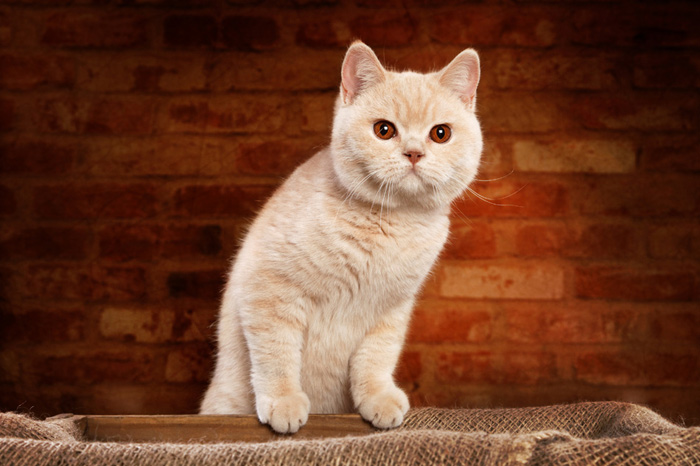
British Shorthair Cat Breed Information
How Much Should A British Shorthair Kitten Eat? – My British Shorthair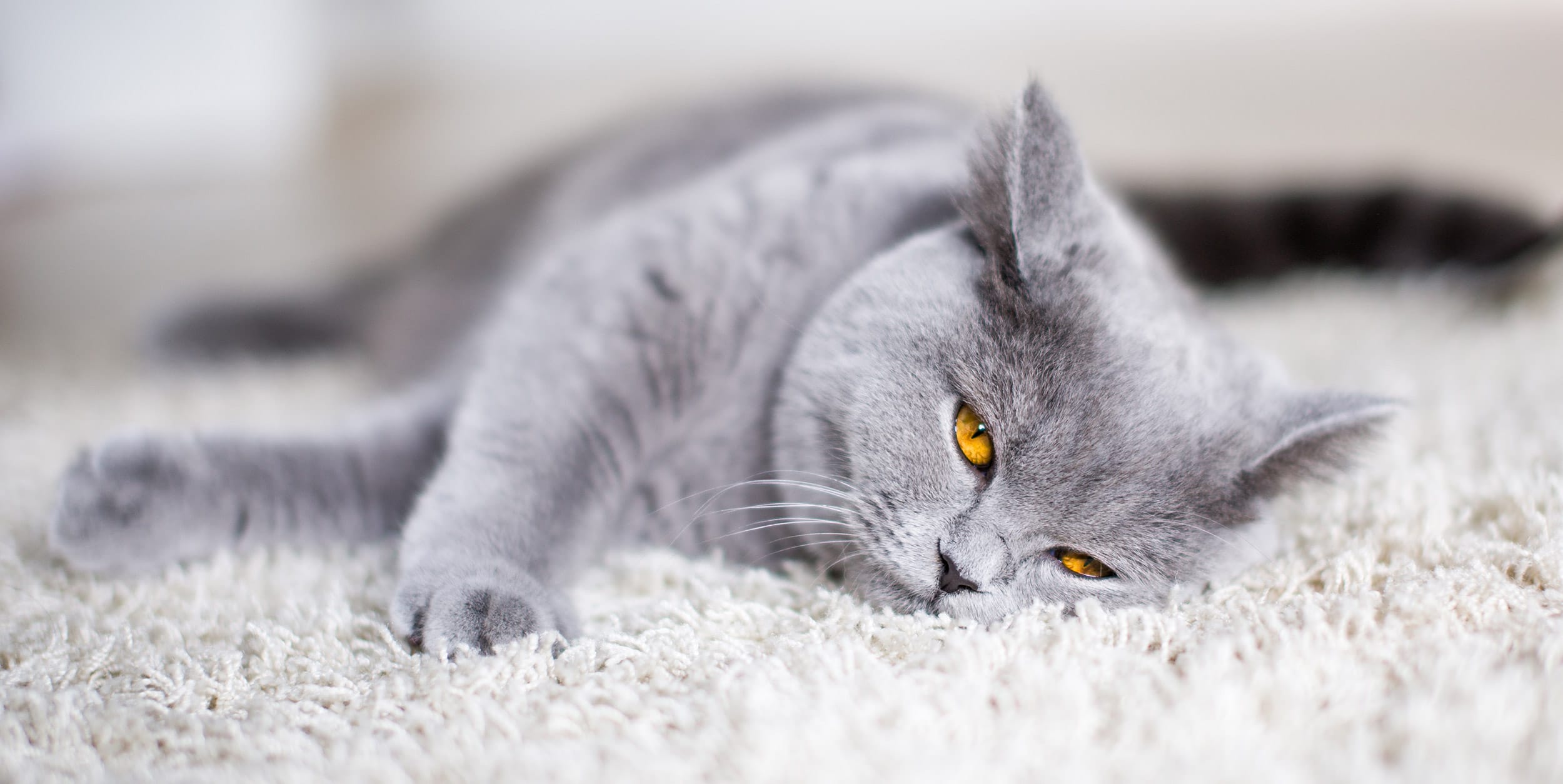
Best Cat Food For British Shorthairs 2021
Can Adult Cats Eat Kitten Food? - Know before feeding them | Kitty Cats blog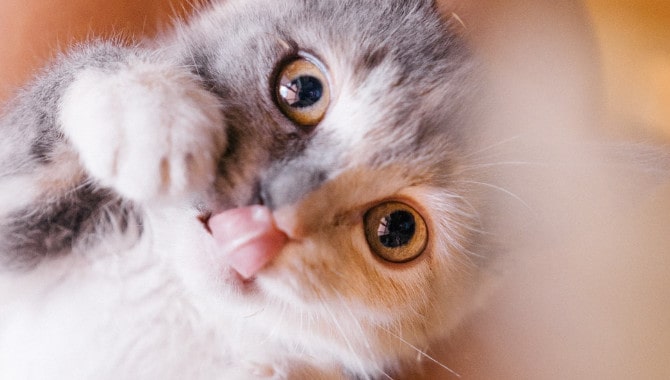
What Is The Best Food For British Shorthair Kittens? – My British Shorthair
British Shorthair Cat Breed Information
maybe this guy? | British shorthair kittens, British shorthair cats, Cats
British Shorthair Cat Breed Information & Characteristics | Daily Paws
British Shorthair Gray and Lilac kittens eating pet food at 7 weeks - 4K - YouTube
Everything You Need For Your New British Shorthair Kitten – Lords & Labradors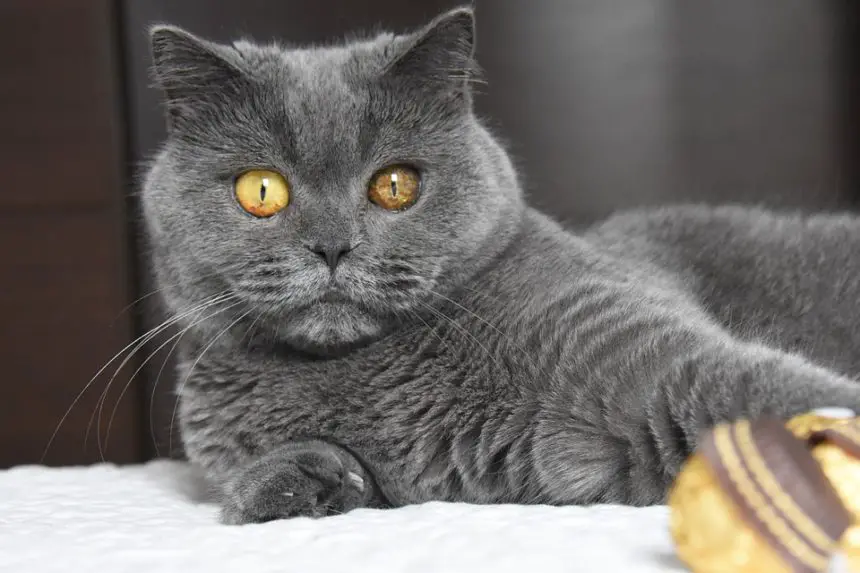
Is my British Shorthair overweight? - Scottish Fold Cats and Kittens - Cat Breed Information - Scottish Fold Cats and Kittens – Cat Breed Information
British Shorthair Cat Breed Information
British Shorthair Cat Breed Profile | Purina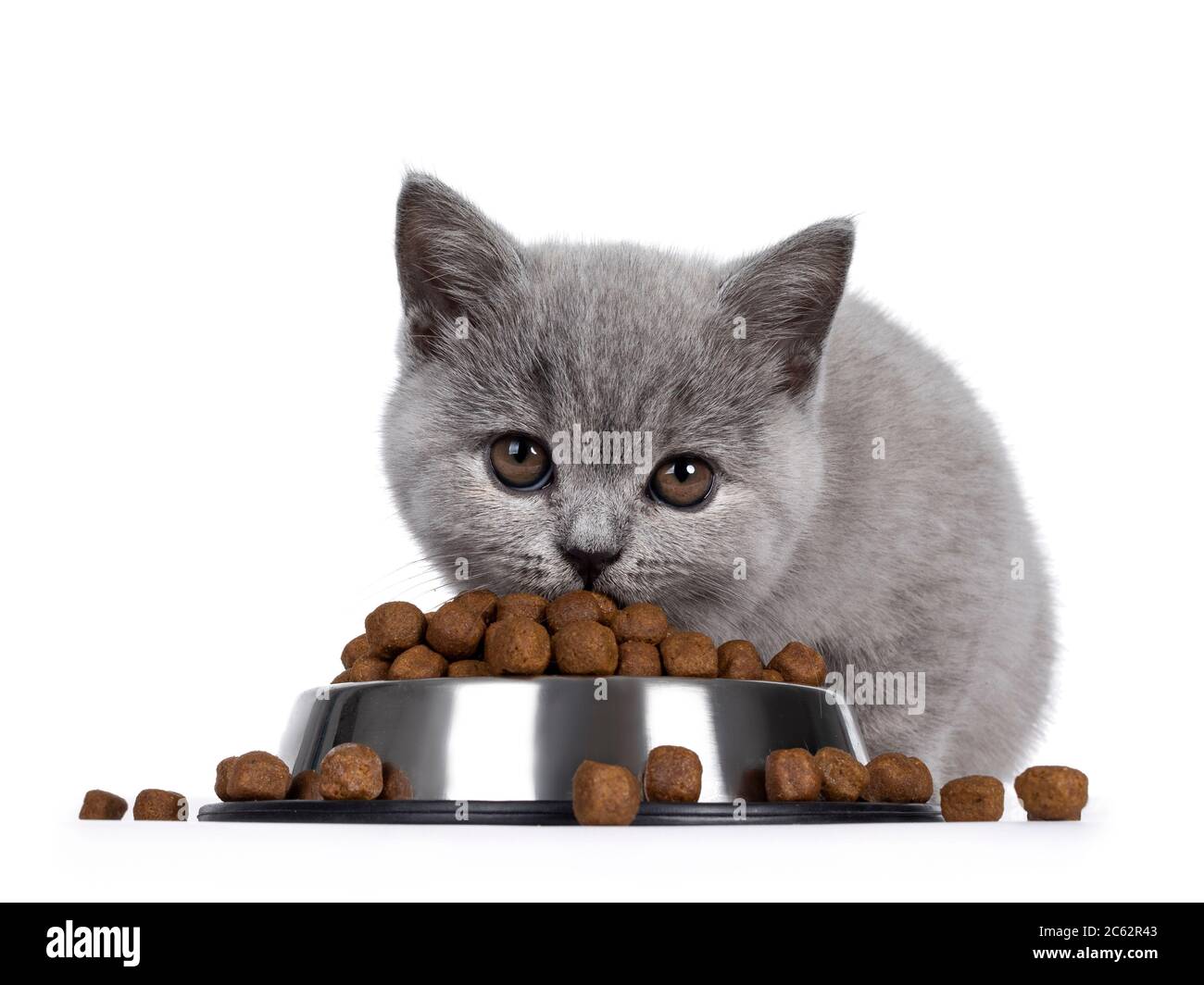
Cute blue British Shorthair cat kitten sitting behind aluminium food bowl filled with dry food kibbles. Head down and looking to camera while eating Stock Photo - Alamy
How to Choose a British Shorthair Kitten?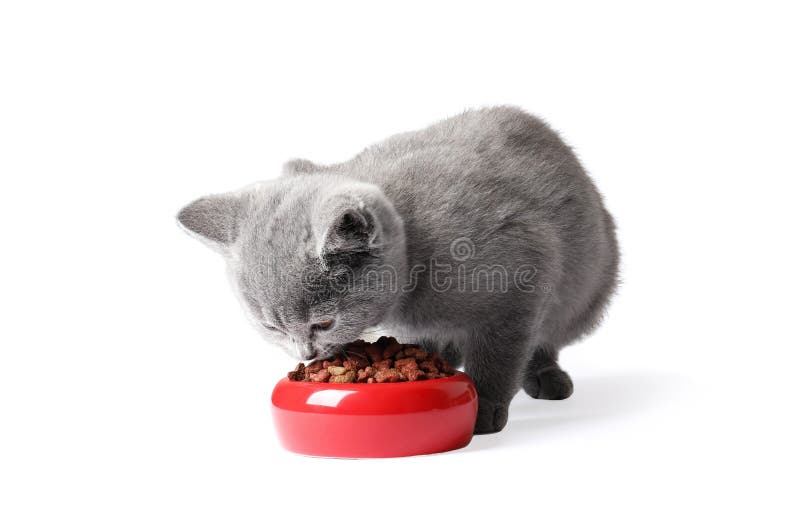
Gray British Shorthair Kitten Eats Isolated Stock Image - Image of pets, feline: 177921603
3 Ways to Care for a British Shorthair Cat - wikiHow Pet
British Shorthair Cat Breed Information
British Shorthair Cat Facts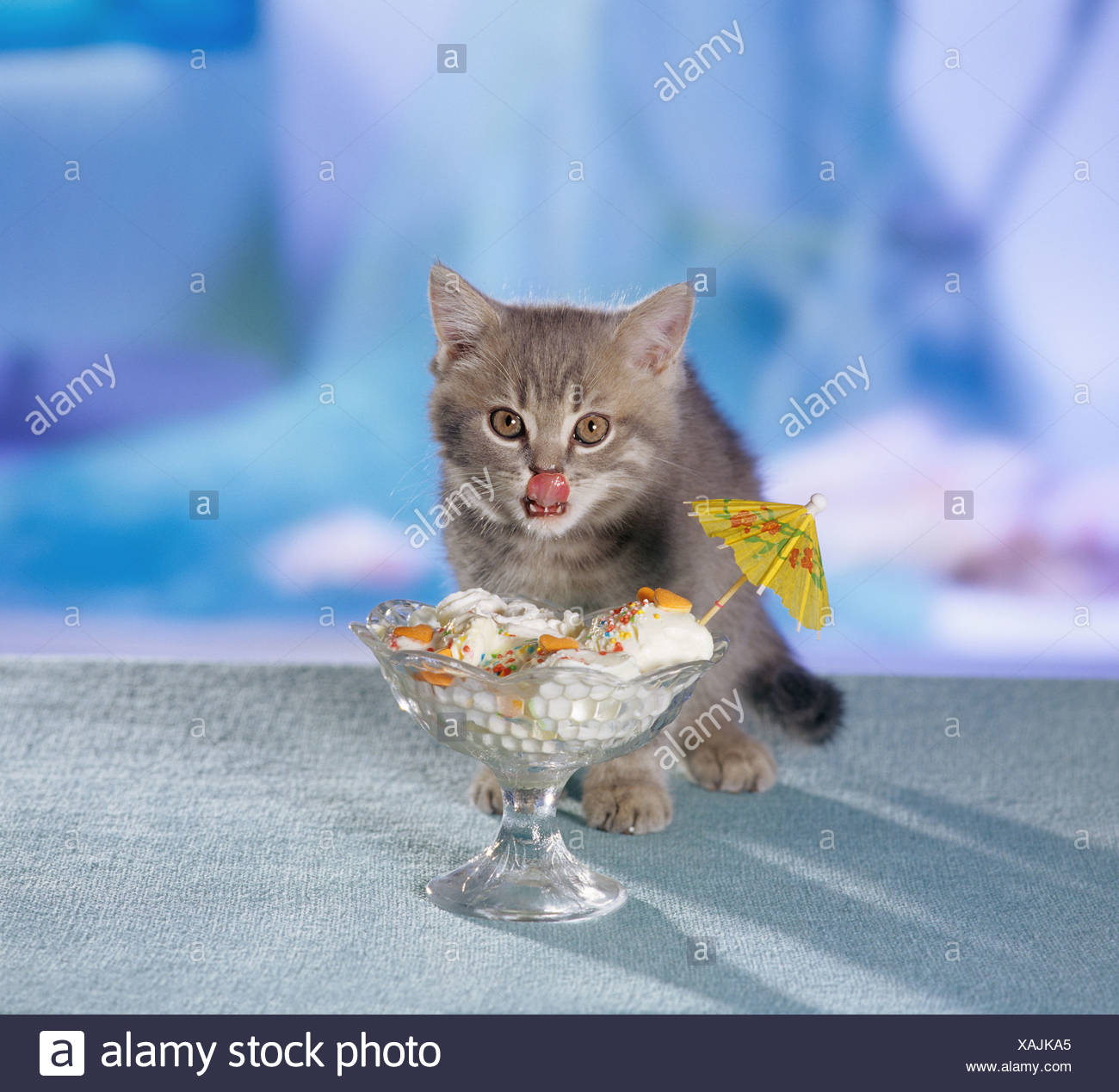
British Shorthair cat. Kitten eating from a sundae Stock Photo - Alamy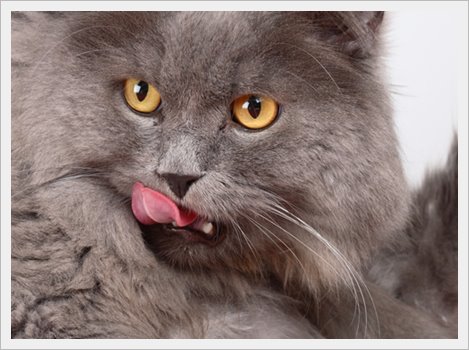
Best Cat Food for British Shorthairs In 2021: Reviews & Ratings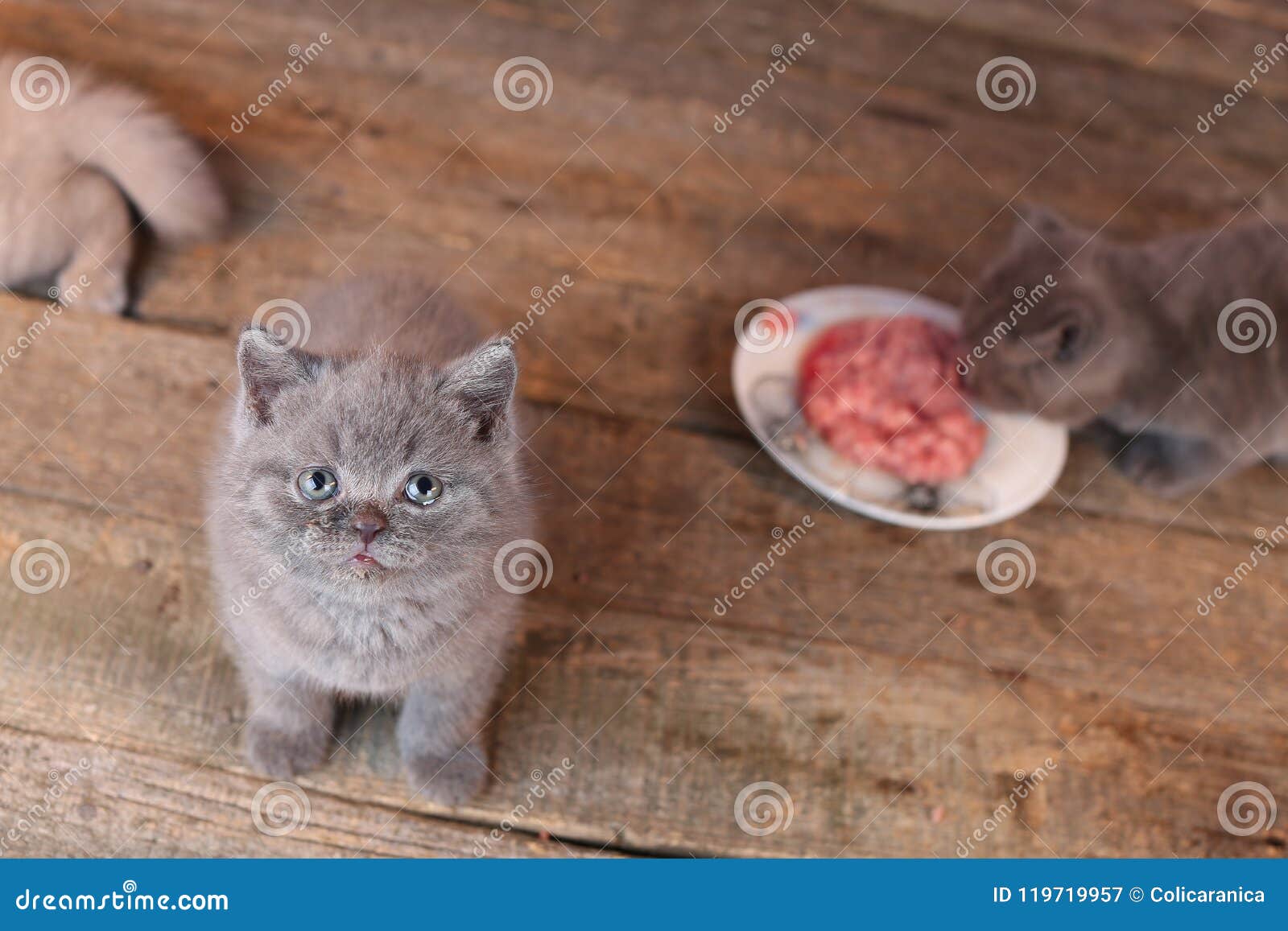
Kittens Eating Raw Meat From A Plate Stock Image - Image of meal, bowl: 119719957
Adorable British Shorthair kittens eating food for the first time at 6 weeks, real sound - YouTube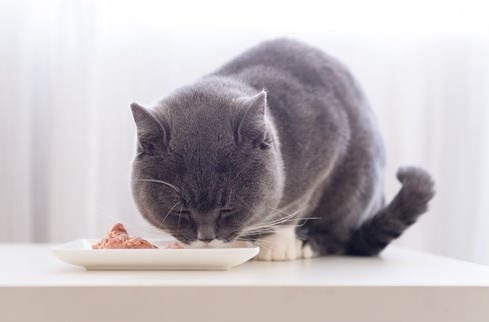
Best Cat Food for British Shorthairs In 2021: Reviews & Ratings
How To Choose a British Shorthair Kitten? – My British Shorthair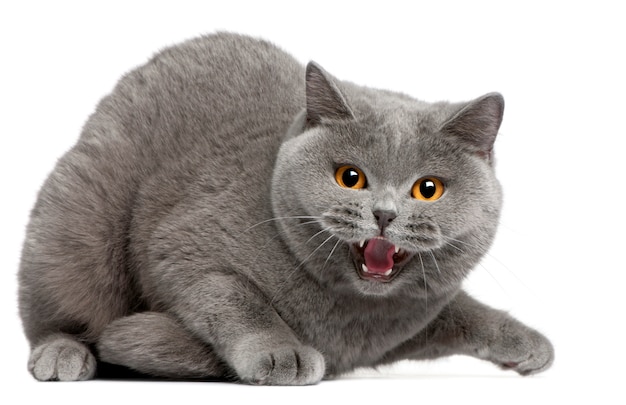
Premium Photo | British shorthair kitten hissing, 2 years old,
3 Ways to Care for a British Shorthair Cat - wikiHow Pet
British Shorthair Cat Breed Information
British Shorthair Cat Guide | Sainsbury's Bank Cat Insurance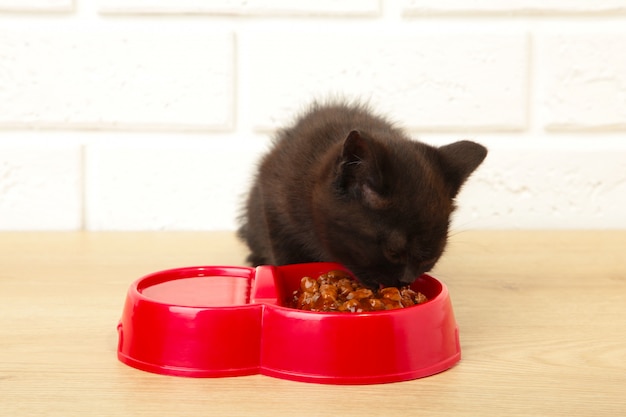
Premium Photo | Black british shorthair kitten eats on light background
British Shorthair Kitten, Kesha 14 weeks, eating Raw Food. - YouTube
 How Much Should A British Shorthair Kitten Eat?
How Much Should A British Shorthair Kitten Eat?






































Posting Komentar untuk "how much should a british shorthair kitten eat"